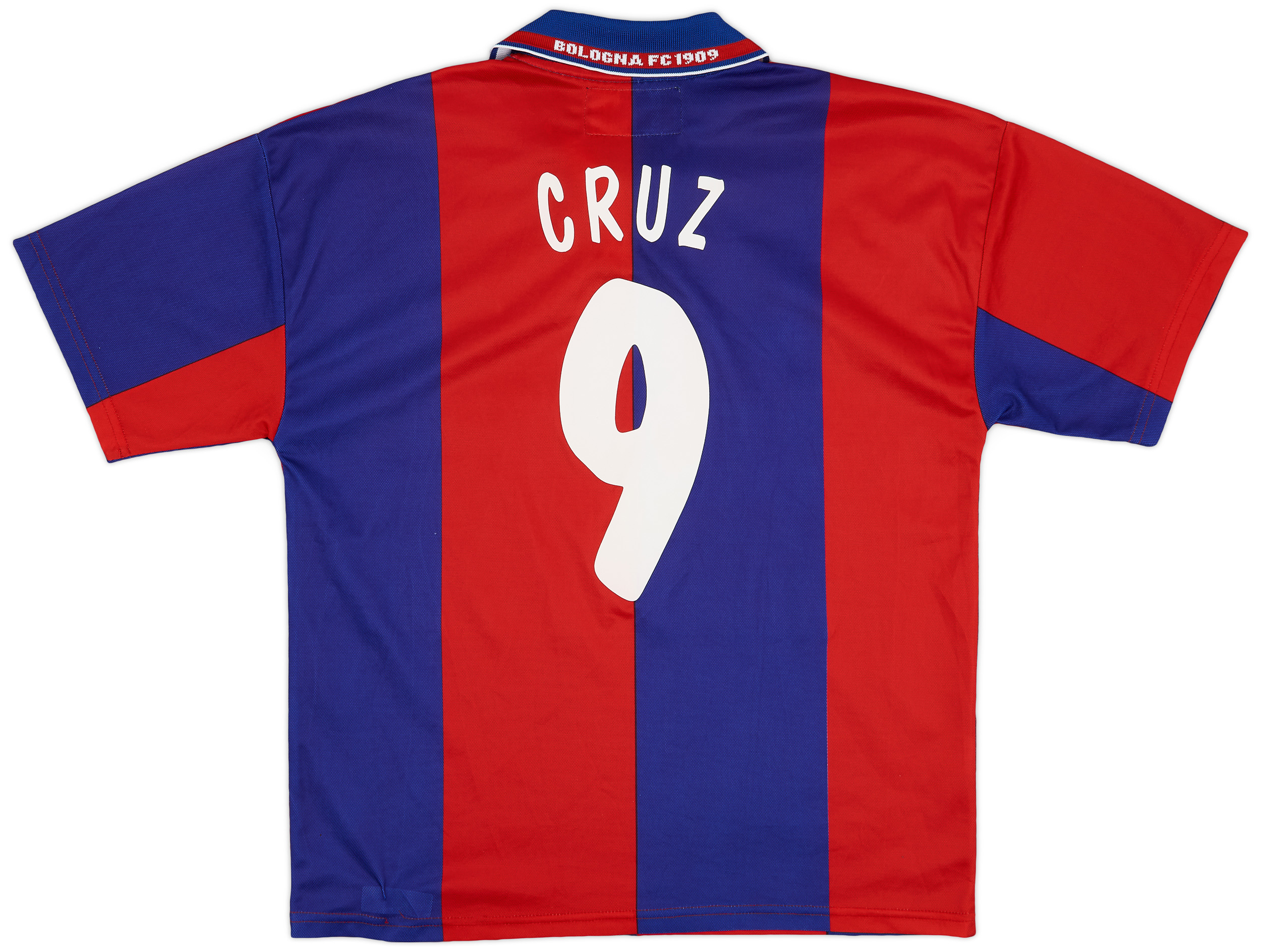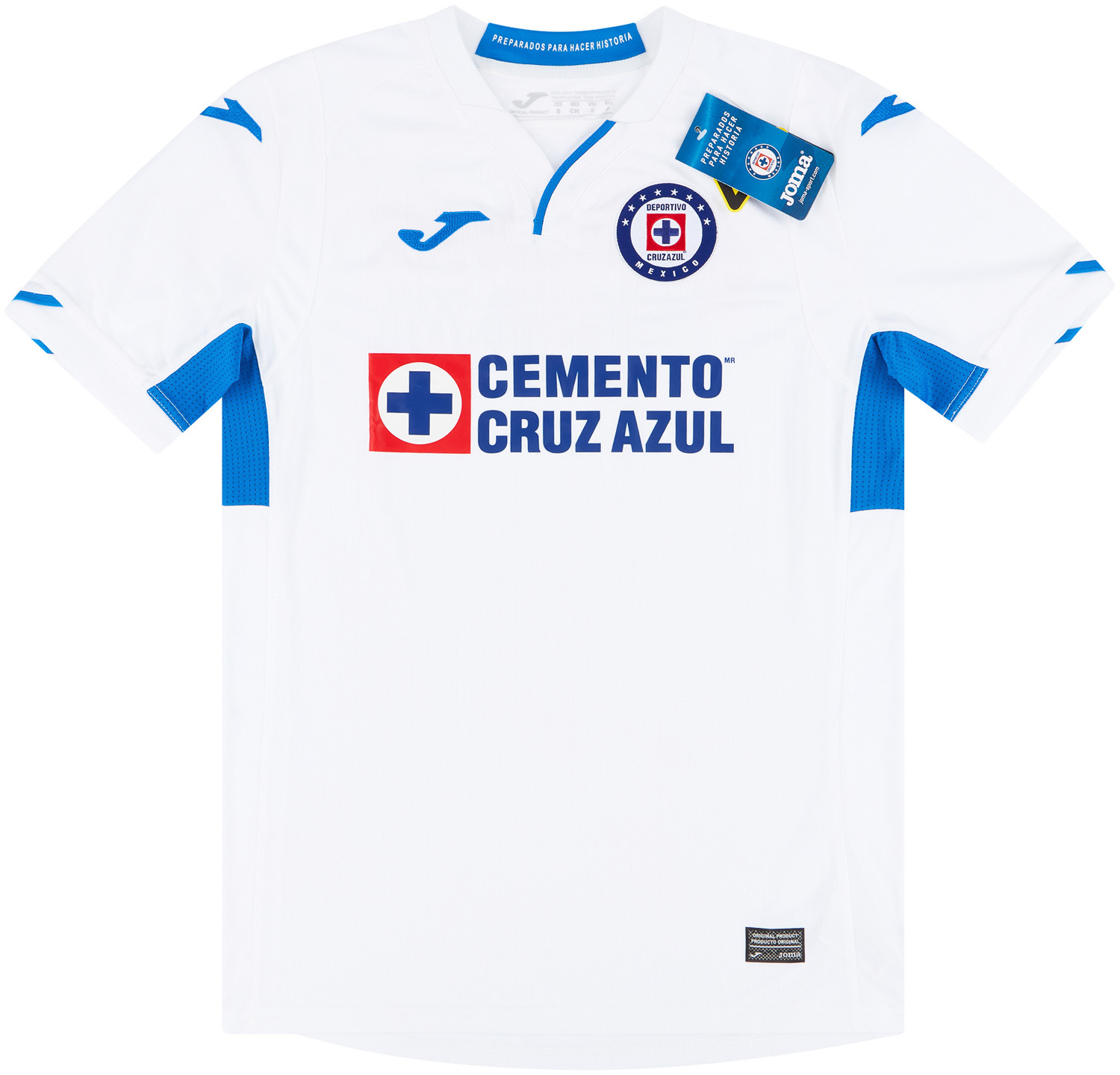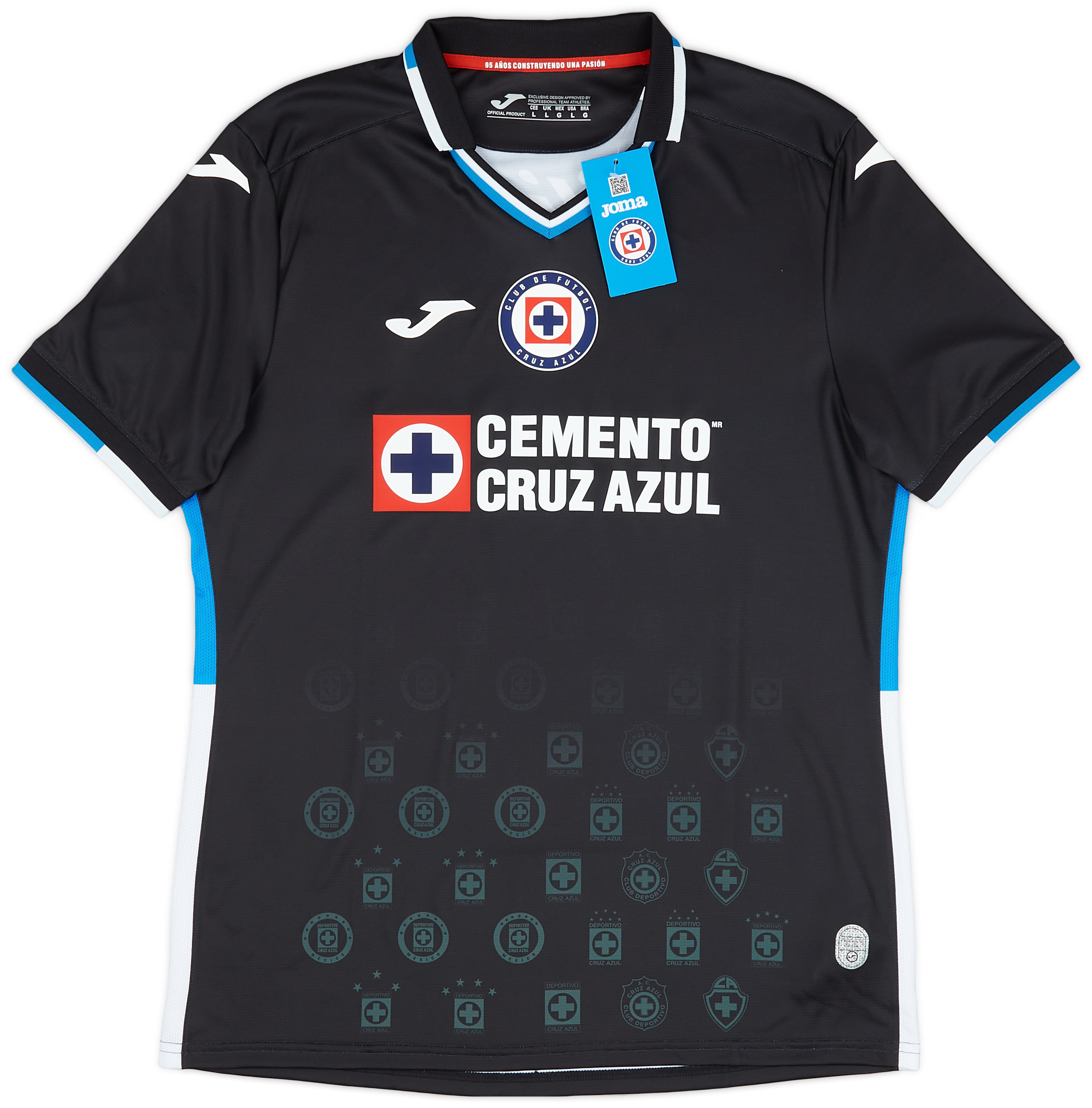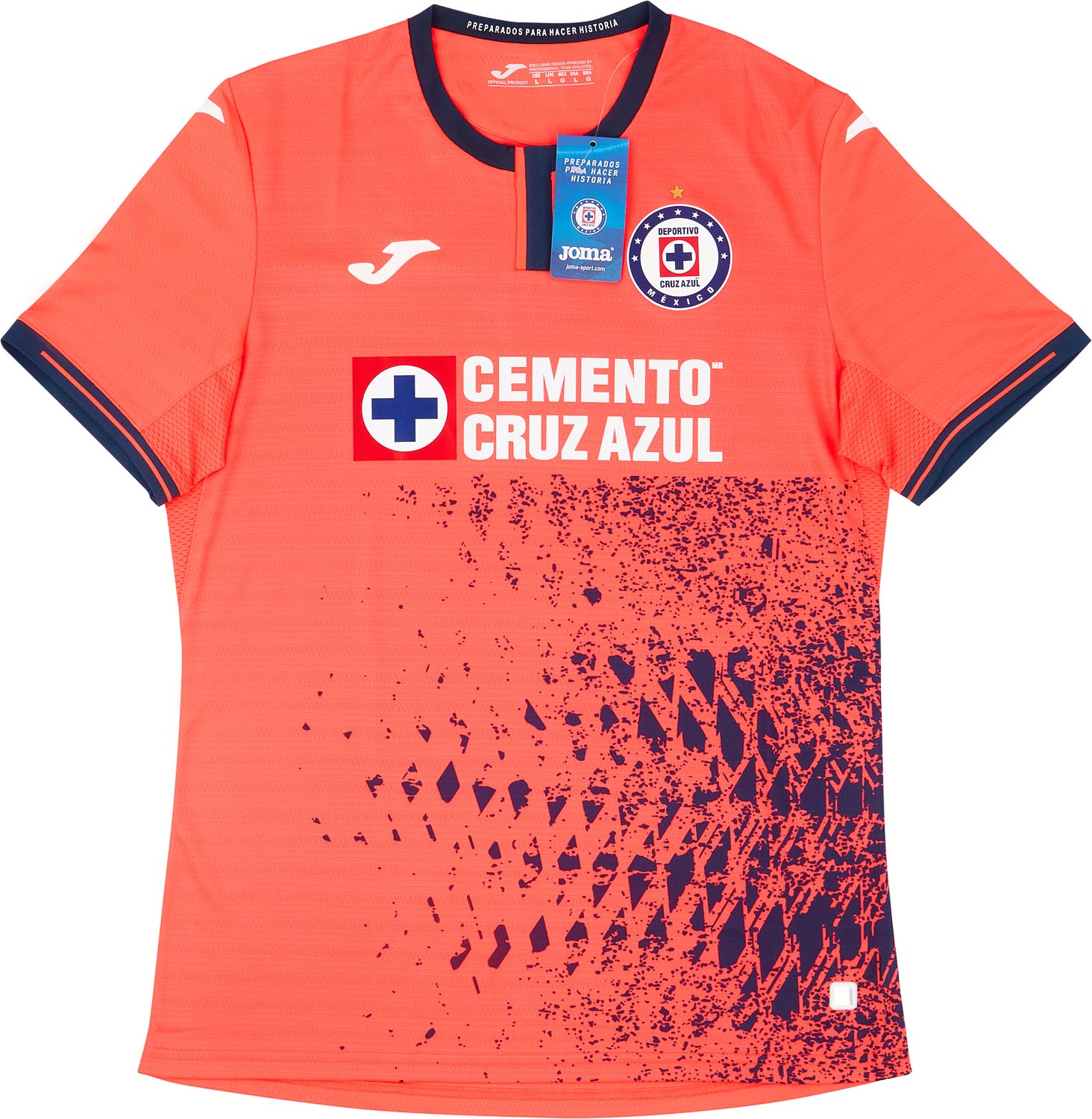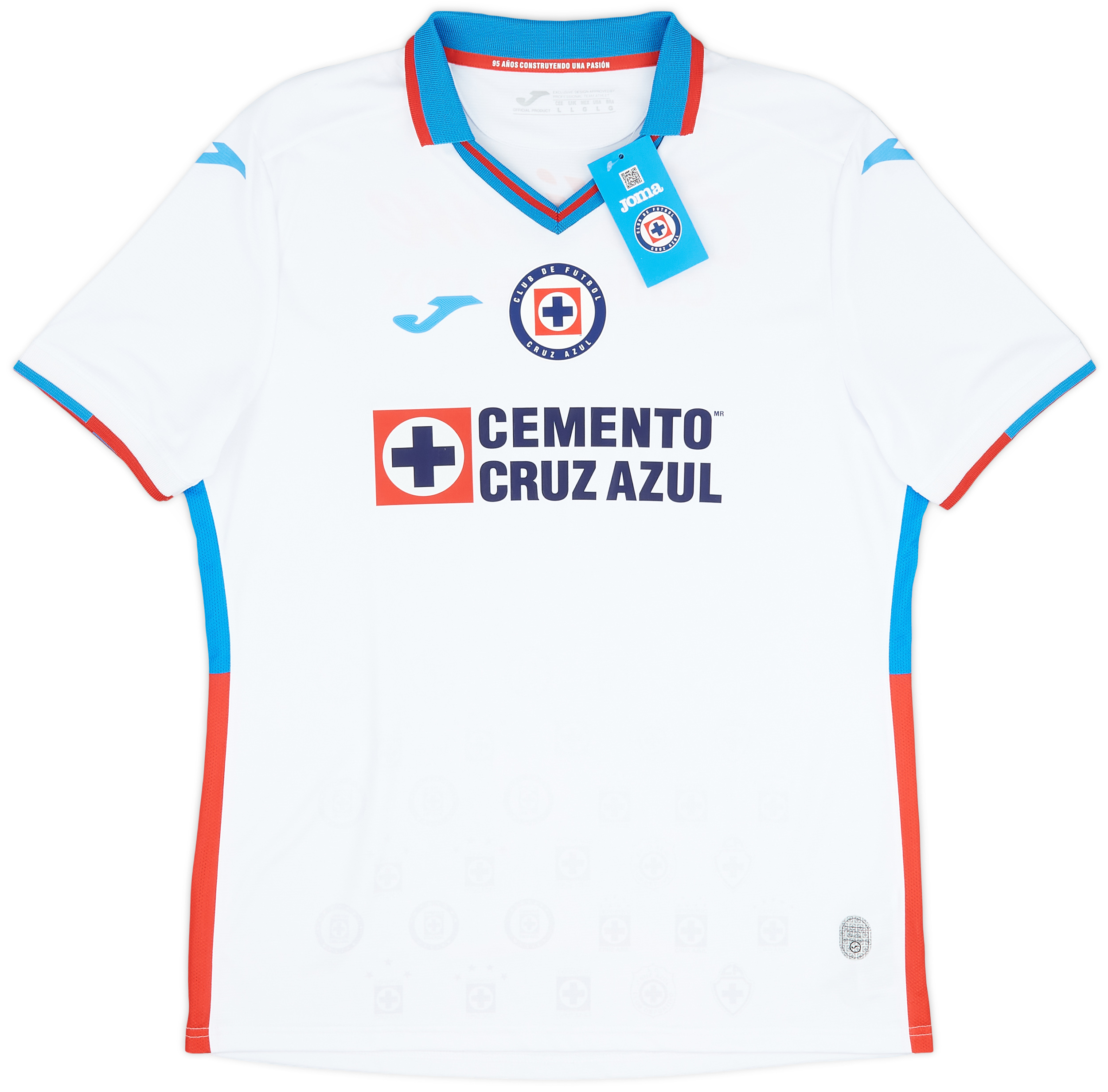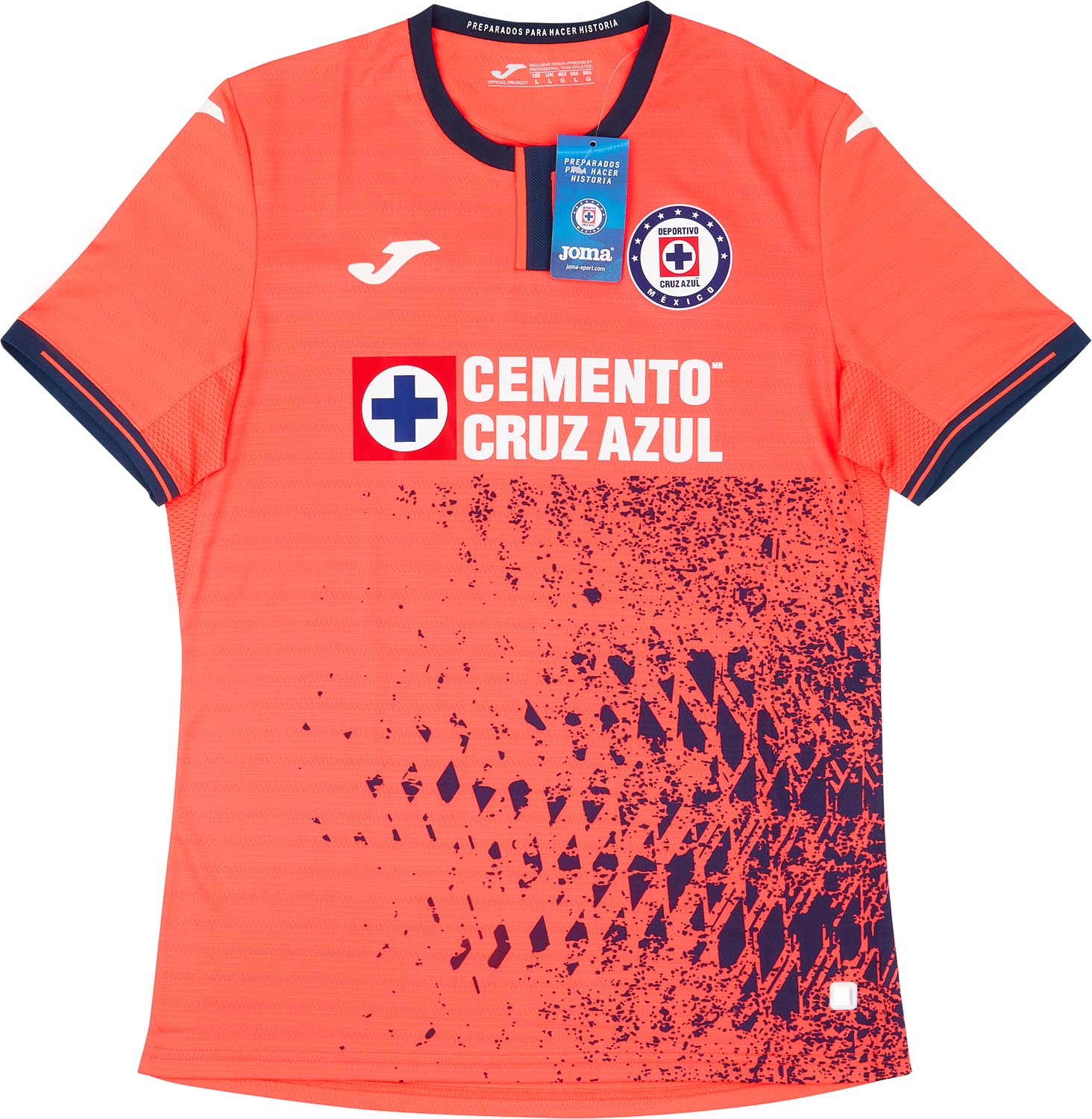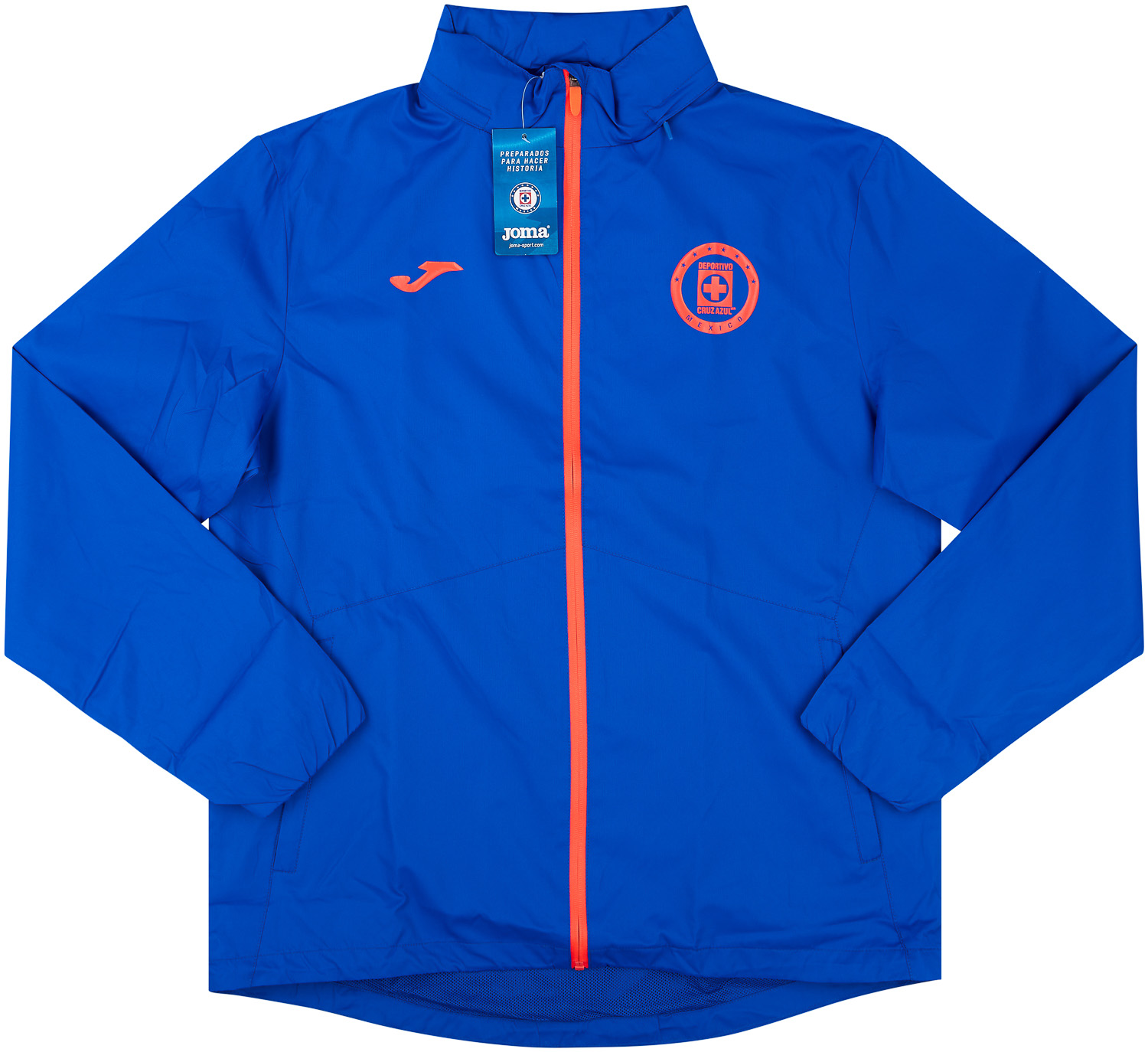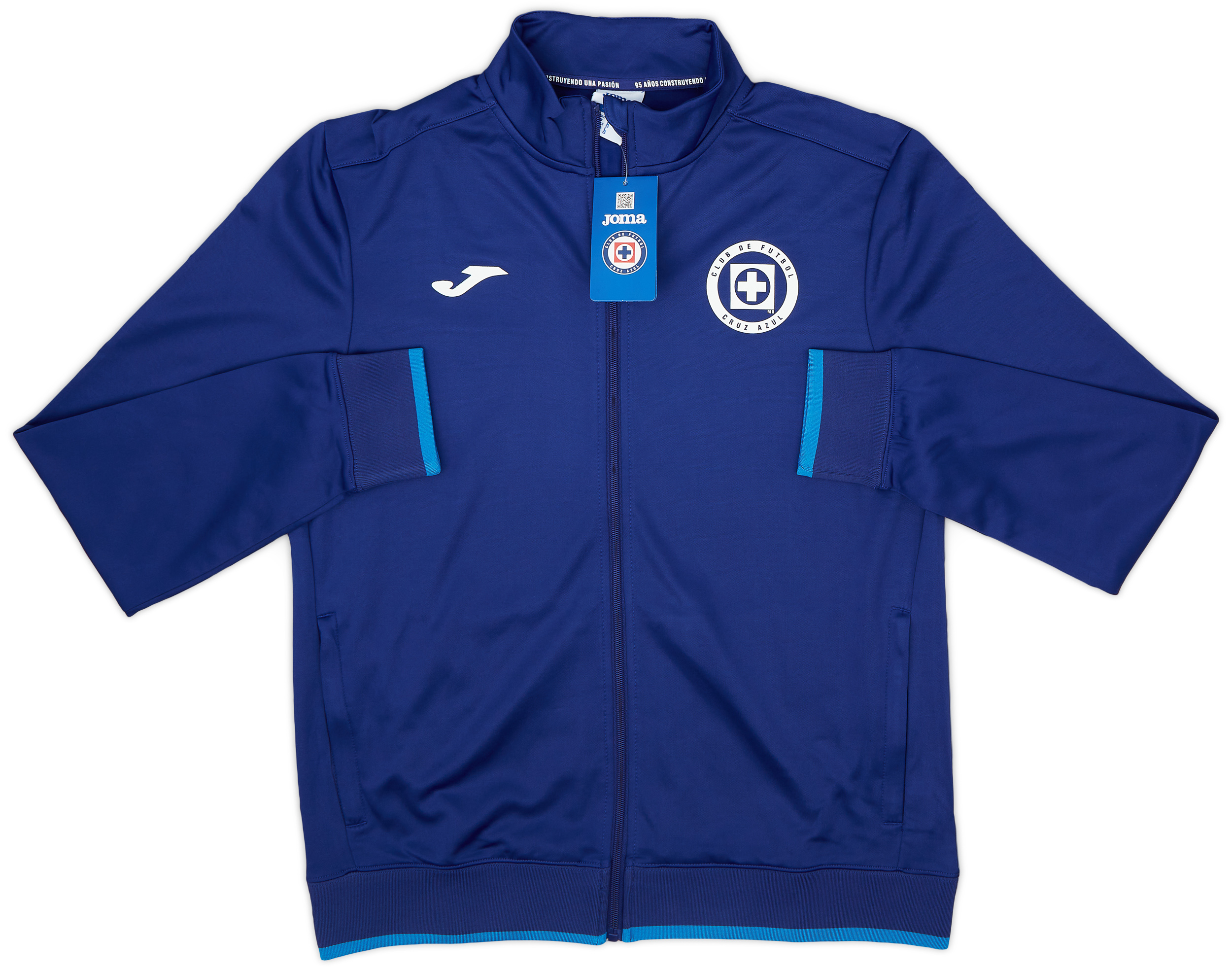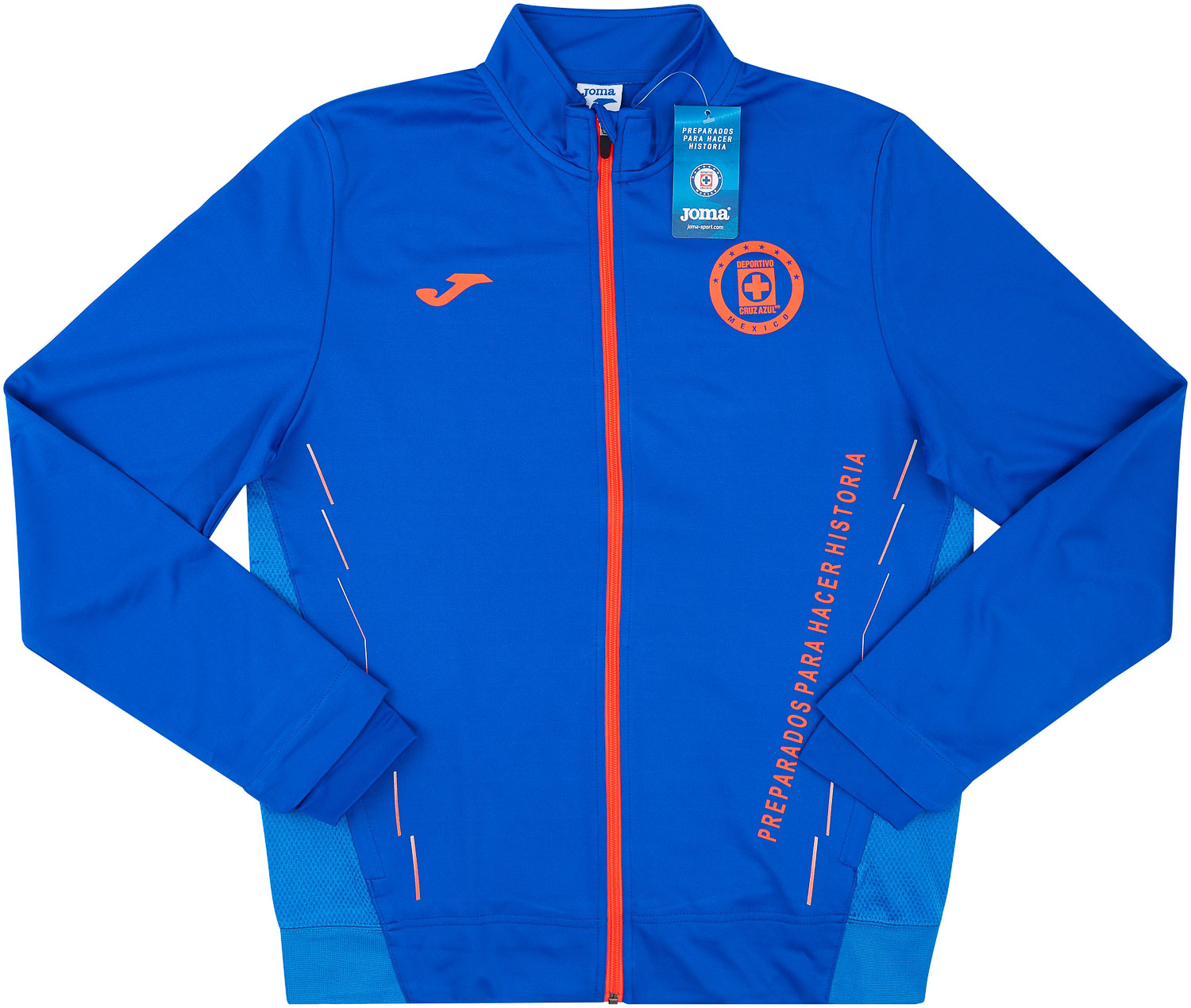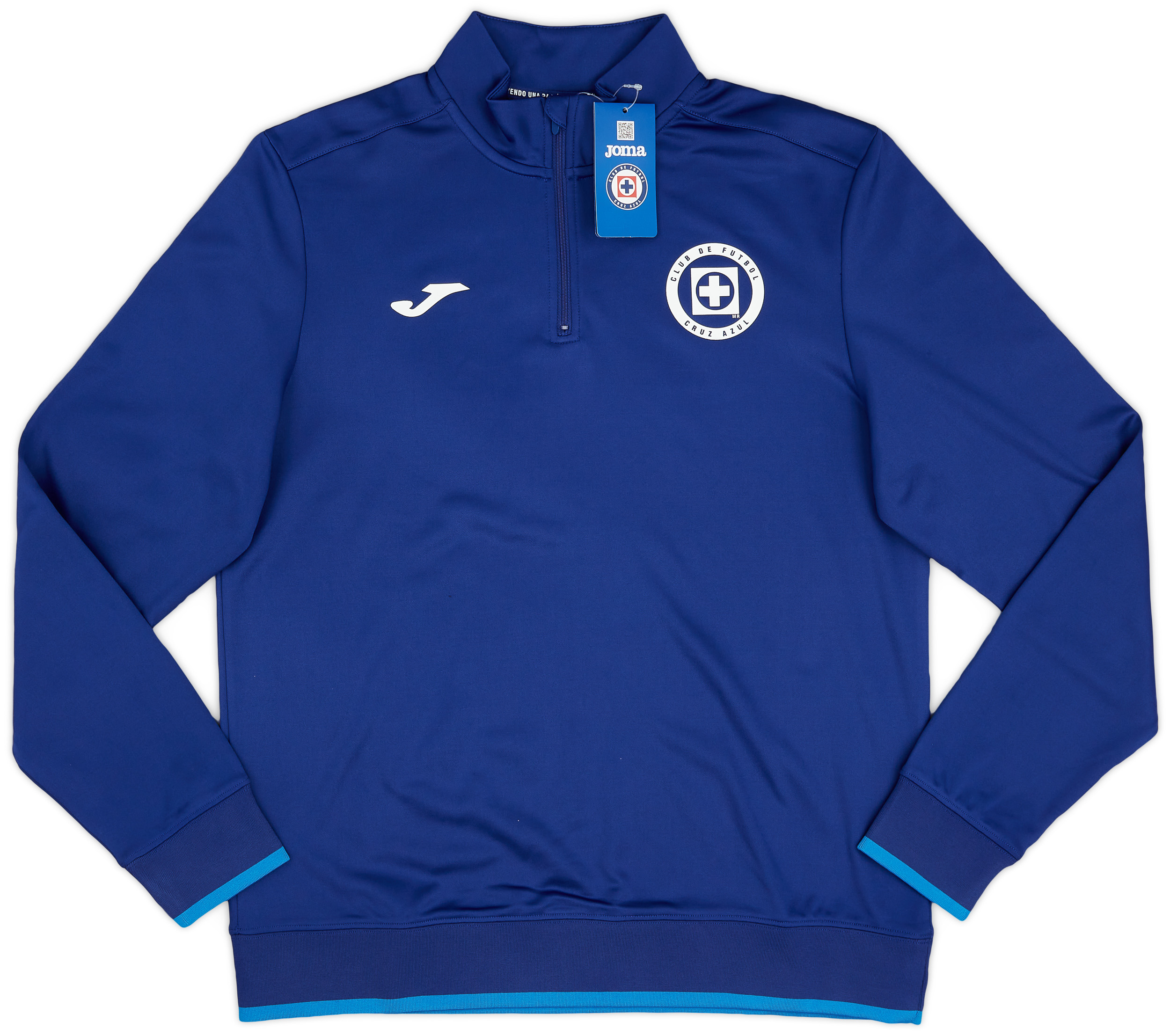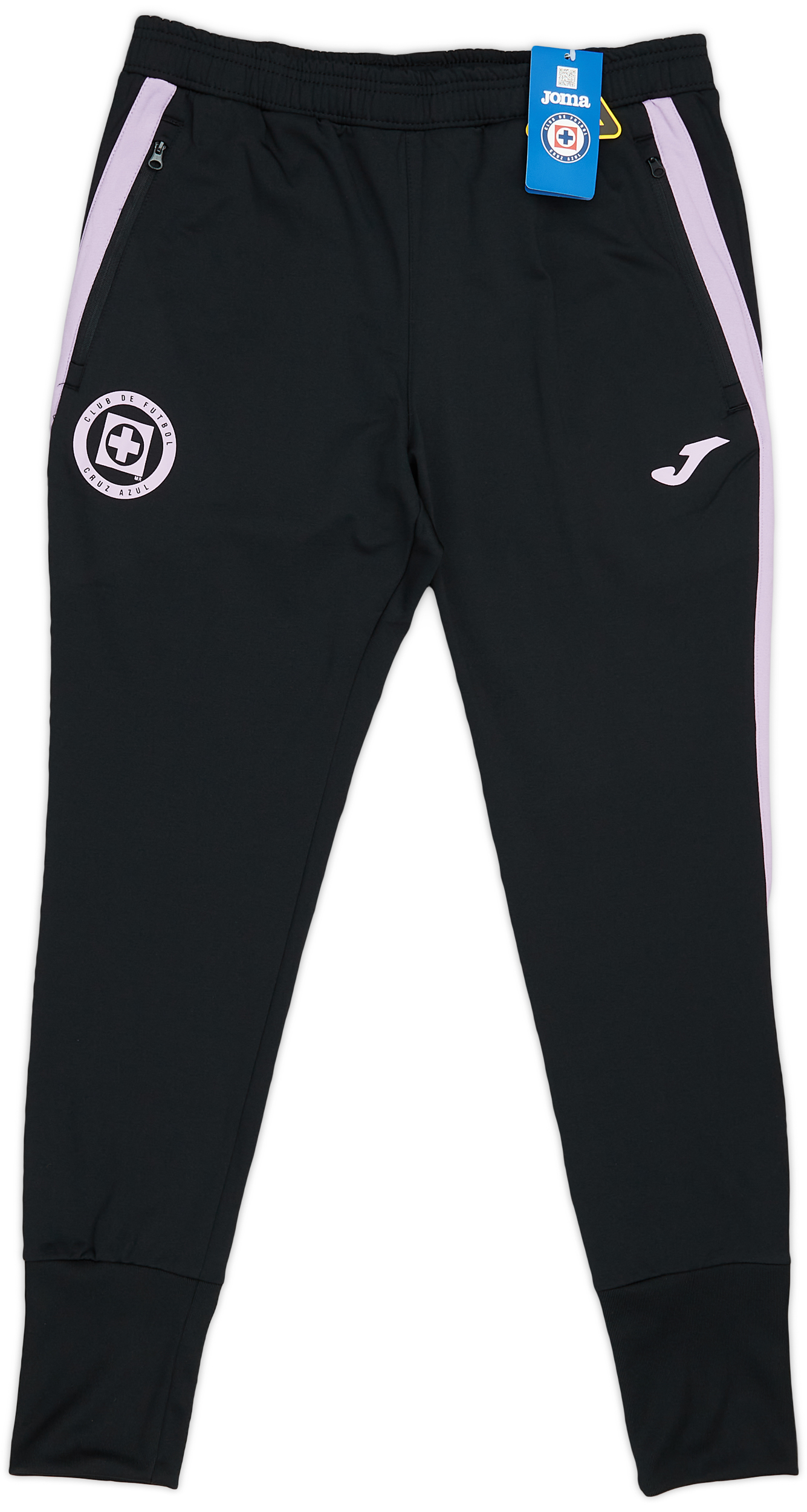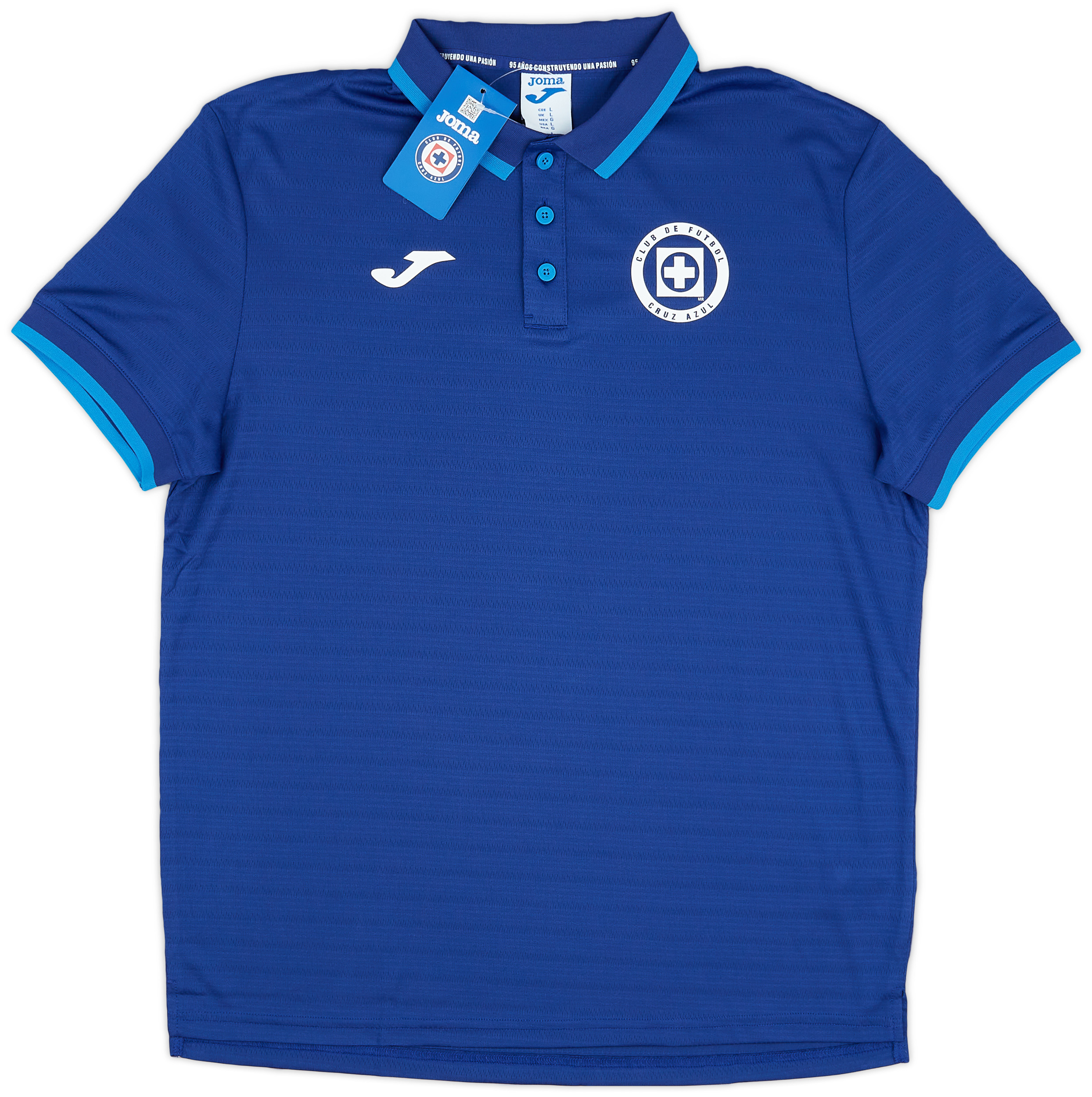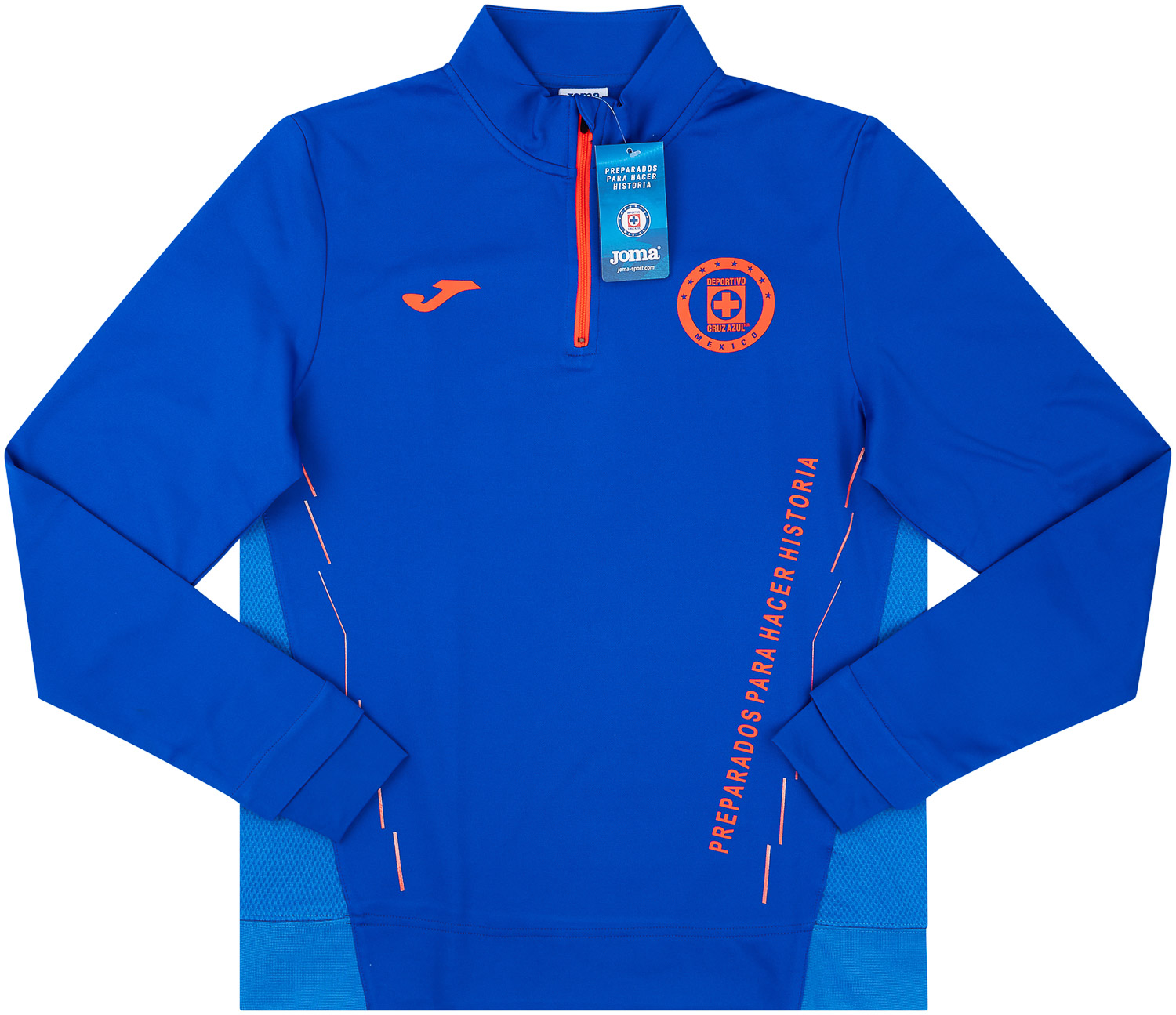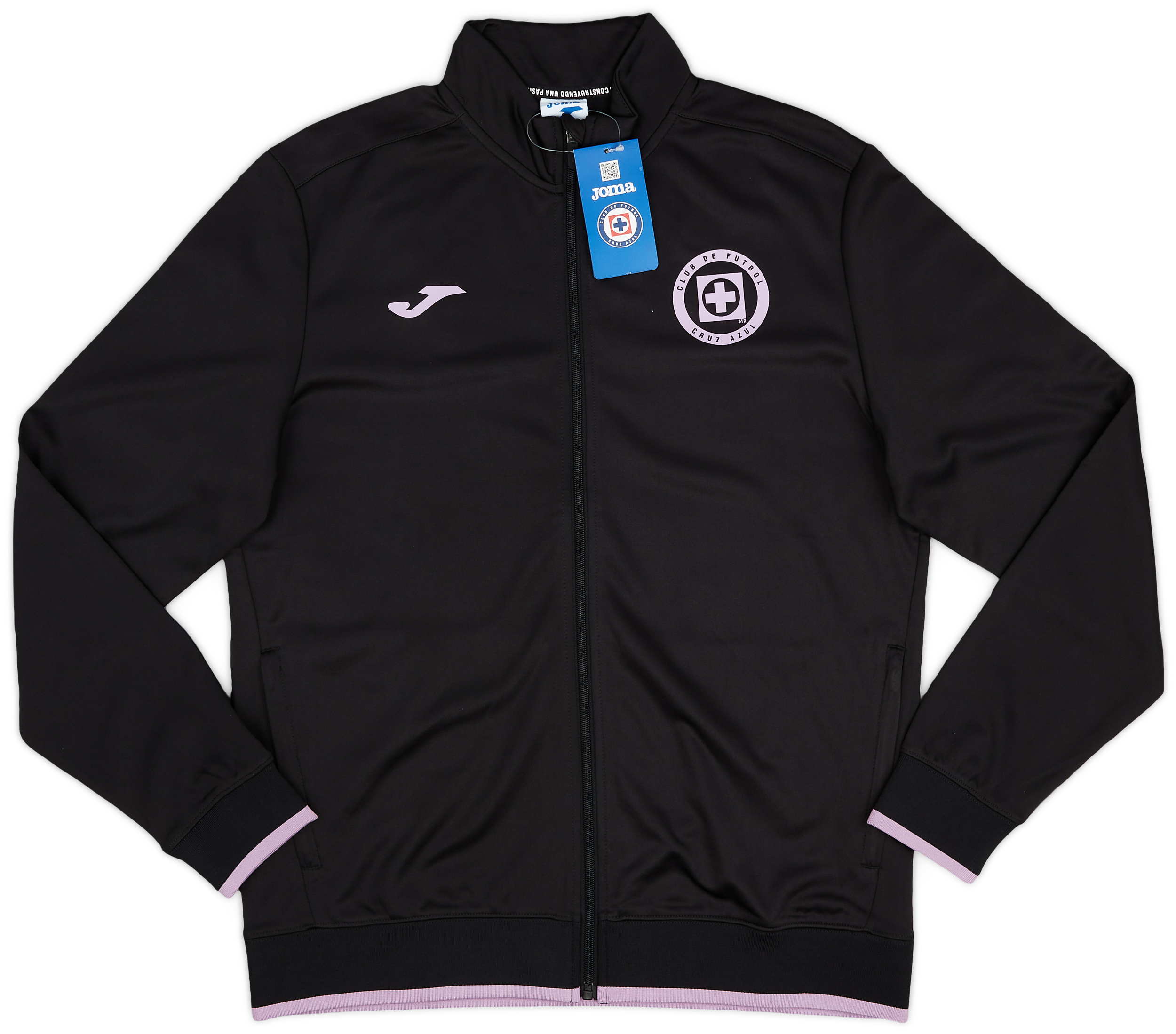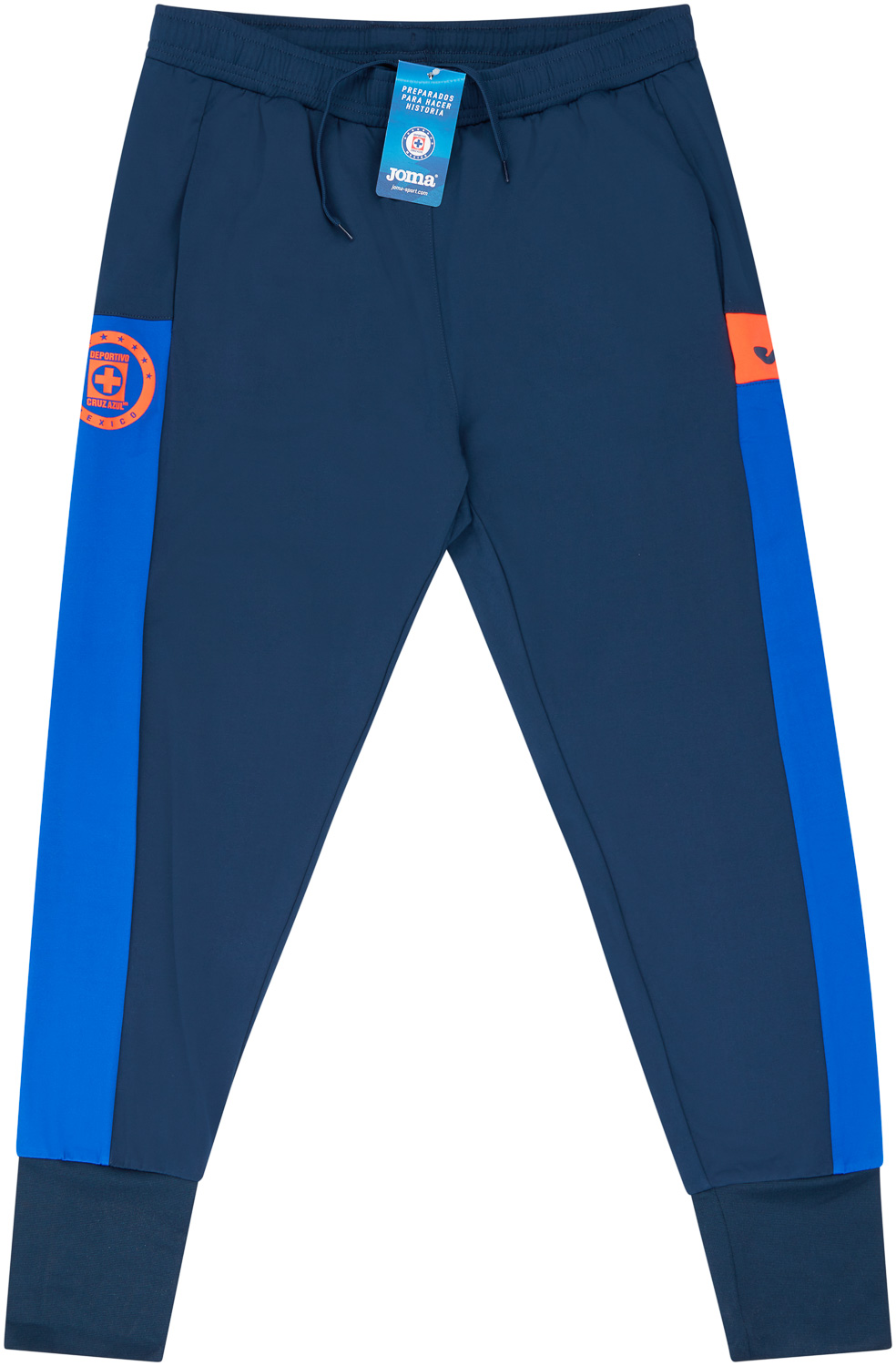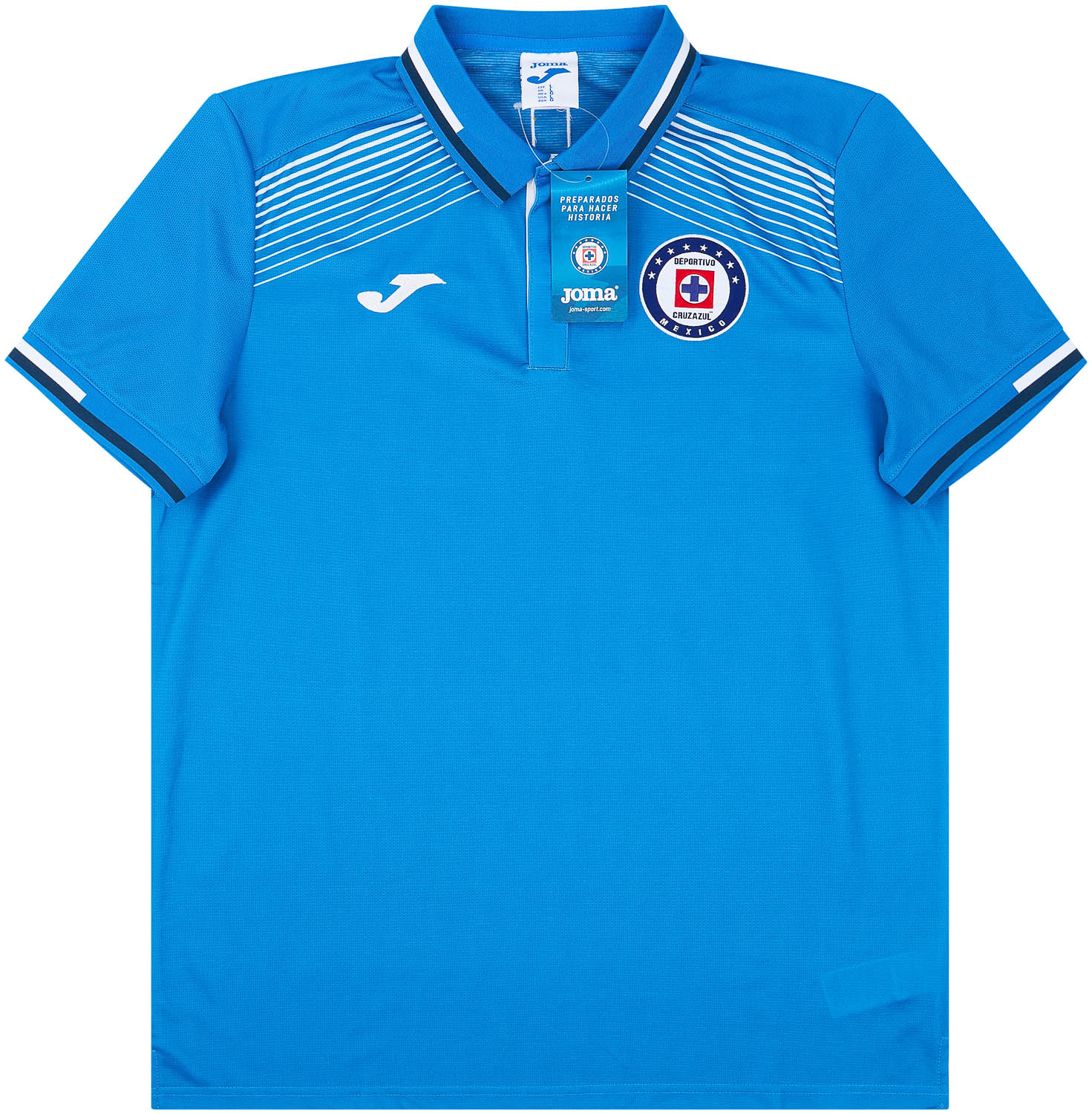Ulises de la Cruz
Introduction The world of football is rich with nostalgia, and retro football shirts play a vital role in this sentiment. Among these iconic pieces of cloth is the retro football shirt worn by the Ecuadorian defender Ulises de la Cruz during his tenure at Aston Villa. This shirt symbolizes not just a period in the […]
2001-02 Bologna Home Shirt Cruz #9 - 8/10 - (S)
148.99£ - ca: €176
1998 Santa Cruz Away Shirt - 8/10 - (L)
148.99£ - ca: €176
1999 Santa Cruz Home Shirt - 9/10 - (XL)
106.99£ - ca: €126
2019-20 Cruz Azul Away Shirt S
47.99£ - ca: €57
2022-23 Cruz Azul Third Shirt
35.99£ - ca: €42
2021-22 Cruz Azul Third Shirt
32.99£ - ca: €39
2022-23 Cruz Azul Away Shirt
32.99£ - ca: €39
2021-22 Cruz Azul Third Shirt
32.99£ - ca: €39
2021-22 Cruz Azul Joma Rain Jacket
29.99£ - ca: €35
2022-23 Cruz Azul Joma Training Jacket
26.99£ - ca: €32
2021-22 Cruz Azul Joma Training Sweat Jacket
20.99£ - ca: €25
2022-23 Cruz Azul Joma 1/4 Zip Training Top
20.99£ - ca: €25
2021-22 Cruz Azul Joma 1/4 Zip Training Top
20.99£ - ca: €25
2022-23 Cruz Azul Joma 1/4 Zip Training Top
20.99£ - ca: €25
2022-23 Cruz Azul Joma Training Pants/Bottoms
17.99£ - ca: €21
2022-23 Cruz Azul Joma Polo T-Shirt
17.99£ - ca: €21
2021-22 Cruz Azul Joma Training Pants/Bottoms (L)
17.99£ - ca: €21
2021-22 Cruz Azul Joma 1/4 Zip Training Top
17.99£ - ca: €21
2022-23 Cruz Azul Joma Training Jacket
17.99£ - ca: €21
2003-04 Club Deportivo Cruz Azul Away Shirt - 4/10 - (M)
17.99£ - ca: €21
2021-22 Cruz Azul Joma Training Pants/Bottoms
11.99£ - ca: €14
2022-23 Cruz Azul Joma Polo T-Shirt
10.99£ - ca: €13
2021-22 Cruz Azul Joma Polo T-Shirt
10.99£ - ca: €13
Introduction
The world of football is rich with nostalgia, and retro football shirts play a vital role in this sentiment. Among these iconic pieces of cloth is the retro football shirt worn by the Ecuadorian defender Ulises de la Cruz during his tenure at Aston Villa. This shirt symbolizes not just a period in the club’s history but also a broader narrative within the fabric of football history. Through its design and the player’s achievements, this shirt embodies the spirit of an era marked by competitive spirit and unforgettable moments.
Player’s Career
Ulises de la Cruz had a remarkable career, characterized by tenacity and skill. Born on April 4, 1974, in Machala, Ecuador, he began his professional journey with Barcelona SC in his home country. In 1996, he made the leap to European football, signing with the Scottish club Inverness Caledonian Thistle. His performance in Scotland paved the way for a move to the English Premier League, where he joined Aston Villa in 1998. He quickly became a fixture in the starting eleven.
De la Cruz’s career at Aston Villa lasted until 2005, where he made over 150 appearances. His versatility allowed him to play both as a right-back and a midfielder. Known for his defensive abilities and work ethic, De la Cruz was instrumental in the team’s defensive line during a competitive period in the Premier League.
Achievements
During his time at Aston Villa, Ulises de la Cruz achieved significant milestones. He played a pivotal role in helping Aston Villa secure a spot in European competitions, showcasing his talent on a larger stage. In the 2000-2001 season, Villa finished sixth in the Premier League, which qualified the team for the UEFA Cup.
In addition to his accomplishments on the field, De la Cruz was honored for his contributions to the club. His integration into the squad and the support of Villa fans made him a beloved figure. His international success with Ecuador also ran parallel to his club career. De la Cruz represented Ecuador in three Copa América tournaments and the FIFA World Cup in 2002, elevating his status as a respected player in football.
Notable Moments
Throughout his career at Aston Villa, Ulises de la Cruz was involved in numerous memorable matches. One notable moment came in the infamous 2001 match against Manchester United at Villa Park, where he assisted a crucial goal, leading to a 3-1 victory. This victory against a top club highlighted de la Cruz’s ability to perform under pressure and solidified his standing as an important player for the team.
Moreover, his consistent performances during intense rivalries, such as matches against Birmingham City, showcased his defensive prowess and resilience. Fans remember De la Cruz for his tireless workrate and commitment, often praising his ability to thwart opposing attacks.
Shirt Design and Features
The retro shirt worn by Ulises de la Cruz at Aston Villa is a visual representation of the late 1990s and early 2000s football culture. The primary colors of the shirt feature a claret body with sky blue accents, a distinctive design that has become a hallmark of Aston Villa’s identity. The shirt is characterized by a classic collar and a unique pattern that gives it a vintage feel.
During this era, many retro football shirts emphasized simplicity and elegance in design. The fabric was durable yet breathable, catering to the physical demands of the game. The embodiment of this shirt reflects the craftsmanship and attention to detail that fans appreciate in a retro football shirt.
Fan Significance
The retro football shirt worn by Ulises de la Cruz holds significant sentimental value for fans of Aston Villa. It serves as a constant reminder of the club’s rich heritage and the impactful periods in its history. Fans celebrate not only the design of the shirt but also the memories attached to the players who wore it. De la Cruz’s contributions cement him as one of the memorable figures associated with Aston Villa’s past.
This shirt also bridges generations of fans, as it evokes nostalgia among older supporters while introducing younger fans to the club’s legacy. It has become a collectible item among football enthusiasts, representing a time when retro football shirts dominated the sport.
Conclusion
The retro football shirt worn by Ulises de la Cruz is more than just a piece of clothing; it encapsulates a significant era in football history. With his career at Aston Villa marked by notable achievements and unforgettable moments, De la Cruz’s legacy continues to live on through this shirt. Football fans around the world appreciate such retro garments not just for their aesthetic appeal but for the stories and emotions they evoke. In the larger narrative of Aston Villa and retrospectives of football, this shirt will forever remain a cherished artifact, reflecting the passion, history, and enduring spirit of the beautiful game.
